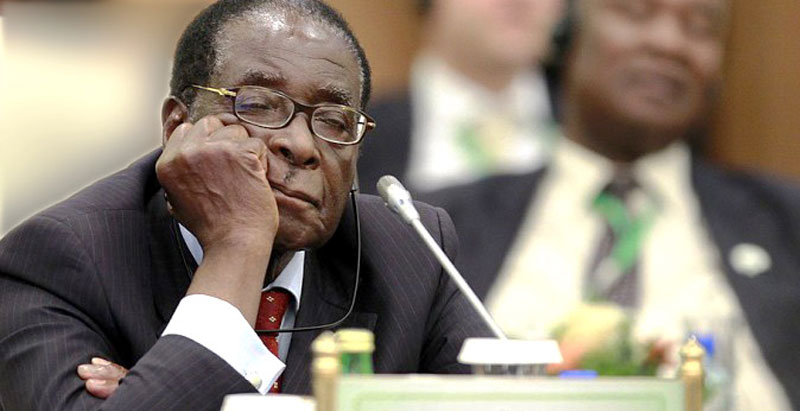The sudden, but not entirely unexpected collapse, of President Robert Gabriel Mugabe’s government in Zimbabwe by the army, has been welcomed from different corners of the world.
From Washington DC to Kampala to New Delhi, London and Harare, prominent and ordinary individuals wrote goodbye notes to one of Africa’s longest-serving leaders, with a sense of relief but also with an echo.
Mugabe’s 37-year old hold on to power appears to have come to an unceremonious end this week, even though the army’s top leadership remained adamant that the 93-year old is still in charge.
But in Kampala, and perhaps elsewhere, commentators are drawing parallels with similar long-serving regimes including President Yoweri Museveni’s 32-year old Government. And it is not surprising, considering historic precedents that show that most long-serving leaders in Africa, were forced to leave power, either by their own-nurtured militaries, or were killed.
In Uganda, the events in Zimbabwe are sounding alarm for President Yoweri Museveni and his backers, who are trying to extend the NRM’s strong-fisted hold on to power, perhaps for the rest of Museveni’s life.
More coincidentally, the military coup happened at a time when Ugandan Parliamentarians were planning a trip to Harare and Luanda, Angola’s capital city, to consult about the possibility of lifting term limits for leaders.
There are signs that President Museveni is defying all logic to stay in power. During the last five years, Uganda’s economic situation has worsened with rising poverty, unemployment, hunger and starvation and worsening balance of payments. Recent reports by organisations, like Oxfam, have showed that income inequality has worsened and corruption is not going away despite the leader’s repeated vows to fight it.
The NewYork Times wrote that Mugabe’s probable fall”echoed across a Continent where the notion of the ‘Big Man’ leader is defined equally by the lure of power in perpetuity and the risk that, one day, the edifice will crumble under the weight of its own decay”.
The writers added that Mugabe’s end, “Is an unpalatable reminder to leaders who have clung to power for decades in Africa – from Equatorial Guinea and Cameroon to Eritrea and Uganda. Even the wiles of a politician of Mr. Mugabe’s stature do not guarantee success to those who seek to extend their tenure indefinitely.”
And despite claims that Uganda’s economy is on a healthy path, the on-going double strike by health workers and prosecutors, point to economic hardships precipitated by corruption and inefficiencies in resource allocations. Just like in Zimbabwe, where economy proved to be Mugabe’s Achilles heel, Uganda’s faltering economy, as illustrated by famine, strikes and rising poverty, are fomenting dissent and resentment across the population.
Although some analysts have warned against celebrating the military take-over in Zimbabwe, there are big lessons to be learned from the way Mugabe lost the plot and died in his own movie.
Nicholas Opio, a human rights lawyer argues that: “No body should be excited about the military coup in Zimbabwe.”
He added: “If you listened to the statement by the generals, they demonstrated a full sense of entitlement as revolutionaries, to power. These are the very same words we’ve heard from our military generals who warned that they would intervene if politicians failed to sort things out.”
Despite Opio’s misgivings about the military takeover in Zimbabwe, he did not lose sight of the many similarities between Mugabe and Museveni. “One of Mugabe’s biggest problem has been his wife. It bears similarities to wives of African leaders who use their closeness to their husbands as a stepping stone to power. It is the beginning of a leader’s downfall when a family clique wants to take over power.”








